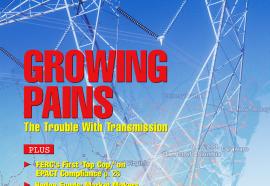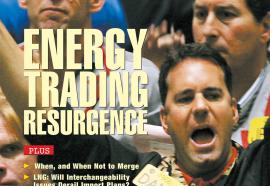Letters to the Editor
To the Editor:
In “Rate-Base Cleansings: Rolling Over Ratepayers” (November 2005, p.58), Michael Majoros urges state public utility commissions to recognize a refundable regulatory liability for past charges to ratepayers for non-legal asset retirement costs.










